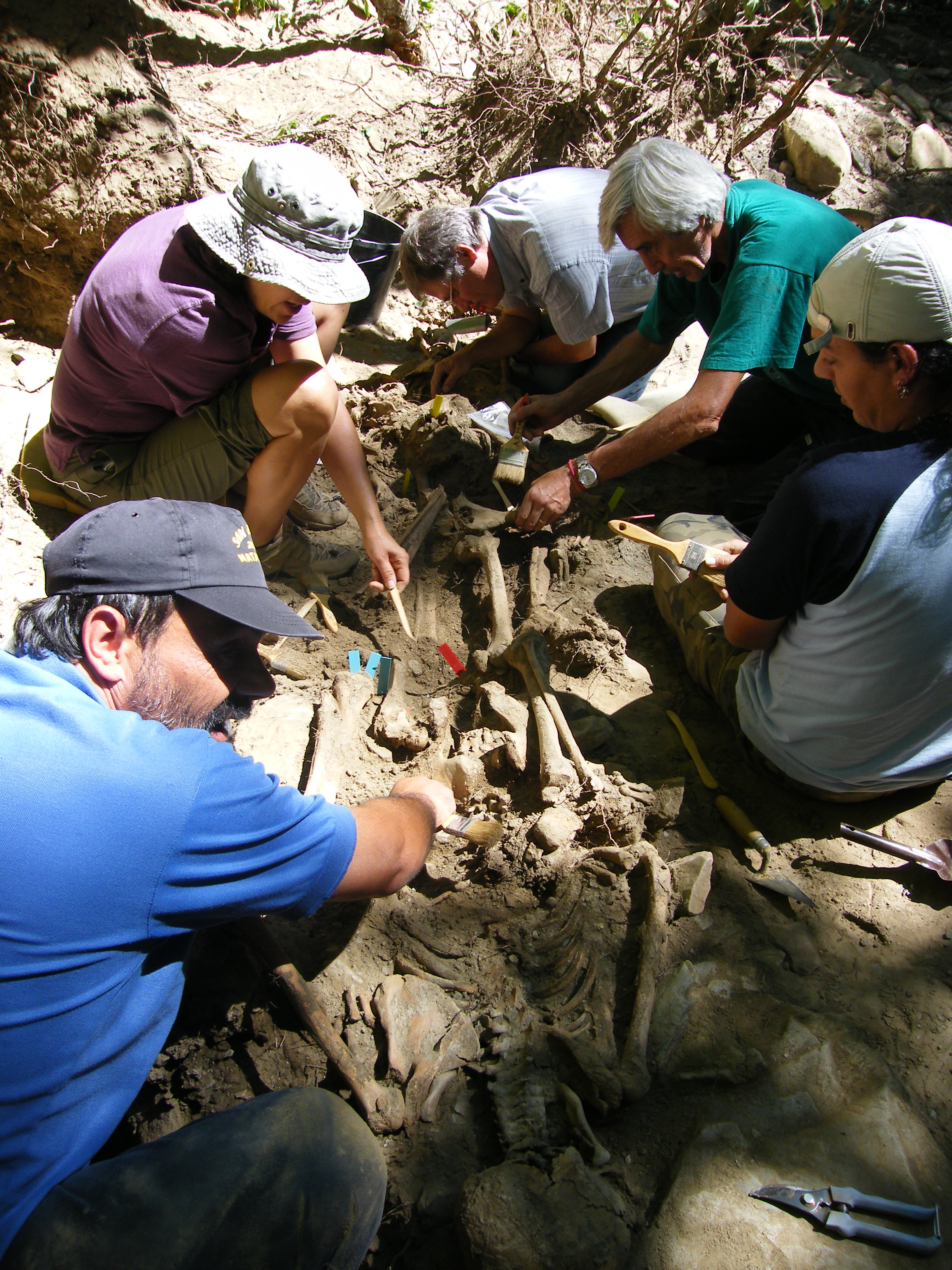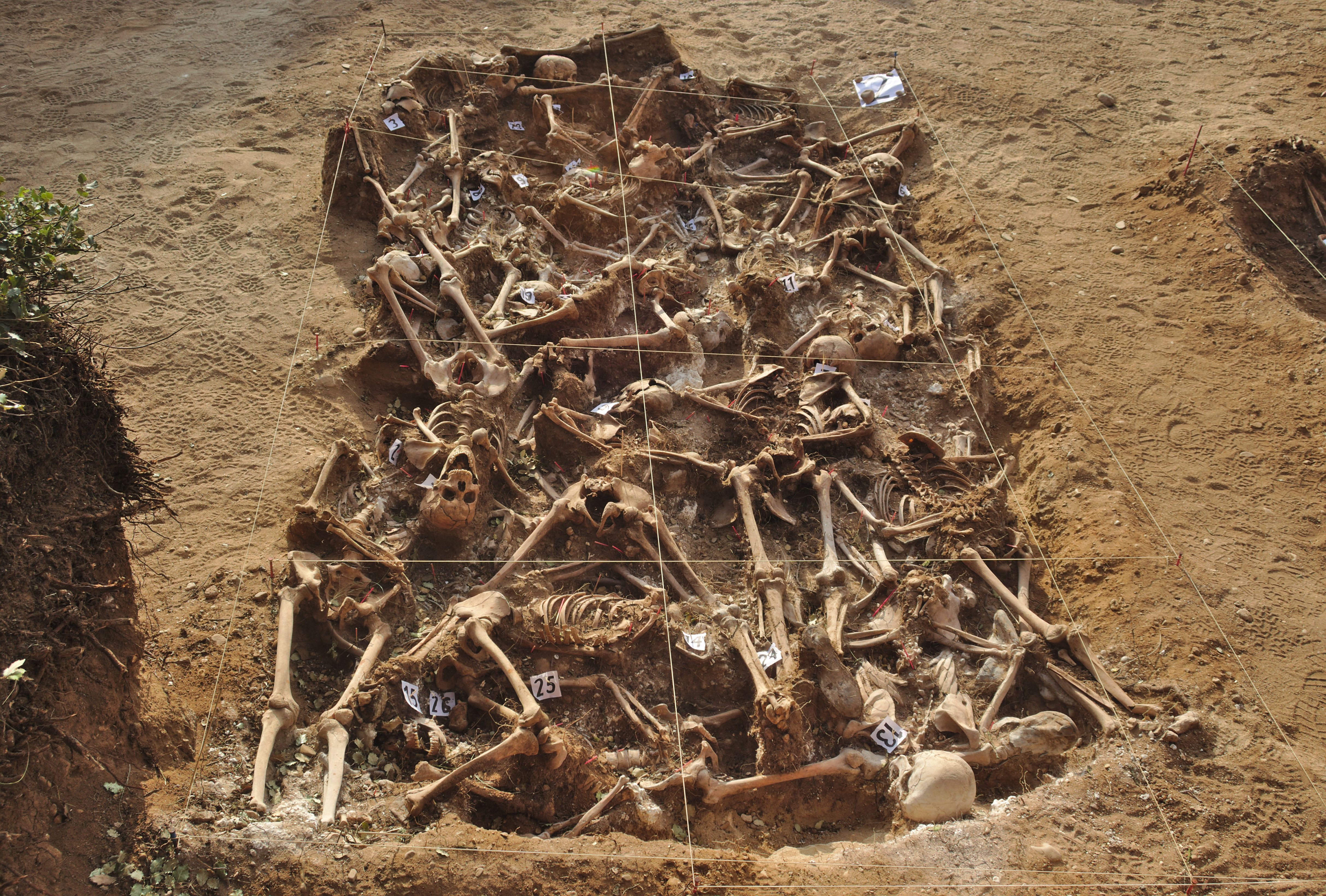Association for the Recovery of Historical Memory on:
[Wikipedia]
[Google]
[Amazon]

 The Association for the Recovery of Historical Memory (Asociación para la Recuperación de la Memoria Histórica or ARMH in
The Association for the Recovery of Historical Memory (Asociación para la Recuperación de la Memoria Histórica or ARMH in
Los historiadores, contra Margallo por negarse a abrir los archivos
''El Mundo''. In 2020, ''El Pais'' reported that the
Official site
Article about ARMH
{{Authority control History organisations based in Spain

 The Association for the Recovery of Historical Memory (Asociación para la Recuperación de la Memoria Histórica or ARMH in
The Association for the Recovery of Historical Memory (Asociación para la Recuperación de la Memoria Histórica or ARMH in Spanish
Spanish might refer to:
* Items from or related to Spain:
**Spaniards are a nation and ethnic group indigenous to Spain
**Spanish language, spoken in Spain and many Latin American countries
**Spanish cuisine
Other places
* Spanish, Ontario, Can ...
) is a Spanish organization that collects the oral and written testimonies about the White Terror
White Terror is the name of several episodes of mass violence in history, carried out against anarchists, communists, socialists, liberals, revolutionaries, or other opponents by conservative or nationalist groups. It is sometimes contrasted wit ...
of Francisco Franco
Francisco Franco Bahamonde (; 4 December 1892 – 20 November 1975) was a Spanish general who led the Nationalist faction (Spanish Civil War), Nationalist forces in overthrowing the Second Spanish Republic during the Spanish Civil War ...
and excavates and identifies their bodies that were often dumped in mass grave
A mass grave is a grave containing multiple human corpses, which may or may not be identified prior to burial. The United Nations has defined a criminal mass grave as a burial site containing three or more victims of execution, although an exact ...
s.
Emilio Silva and Santiago Macias founded the ARMH in December 2000. It is a group of about 50 Spanish archaeologist
Archaeology or archeology is the scientific study of human activity through the recovery and analysis of material culture. The archaeological record consists of artifacts, architecture, biofacts or ecofacts, sites, and cultural landscap ...
s, anthropologist
An anthropologist is a person engaged in the practice of anthropology. Anthropology is the study of aspects of humans within past and present societies. Social anthropology, cultural anthropology and philosophical anthropology study the norms and ...
s and forensic
Forensic science, also known as criminalistics, is the application of science to criminal and civil laws, mainly—on the criminal side—during criminal investigation, as governed by the legal standards of admissible evidence and criminal p ...
scientists. The group tries to identify the places of execution through records and interviewing the locals. Sometimes they also receive anonymous information about them.
Volunteer group members gather in a decided place to excavate the mass grave found. They try to exhume the bodies and identify the remains of the victims with DNA test
Genetic testing, also known as DNA testing, is used to identify changes in DNA sequence or chromosome structure. Genetic testing can also include measuring the results of genetic changes, such as RNA analysis as an output of gene expression, o ...
s and other forensic methods.
As of September 2006, ARMH had conducted 40 excavations and found remains of 520 victims. As of October 2009 the group had identified the remains of 1,700 victims.
Media interest
The excavation of one of the mass graves in 2004 at Villamayor de los Montes nearBurgos
Burgos () is a city in Spain located in the autonomous community of Castile and León. It is the capital and most populated municipality of the province of Burgos.
Burgos is situated in the north of the Iberian Peninsula, on the confluence of t ...
was the subject of a photo-documentary entitled ''Dark is the Room Where We Sleep'' at the International Center Of Photography
The International Center of Photography (ICP), at 79 Essex Street on the Lower East Side of Manhattan, New York City, consists of a museum for photography and visual culture and a school offering an array of educational courses and programming. ...
in New York, New York
New York, often called New York City or NYC, is the most populous city in the United States. With a 2020 population of 8,804,190 distributed over , New York City is also the most densely populated major city in the Uni ...
.
Political context
Opening mass graves has been politically controversial. In 2007 the work of the Association was given state support by theHistorical Memory Law
Law 52/2007 That recognises and broadens the rights and establishes measures in favour of those who suffered persecution or violence during the Civil War and the Dictatorship (in Spanish: ''Ley 52/2007 por la que se reconocen y amplían derechos ...
, an initiative of the Zapatero administration. However, the Spanish government under Mariano Rajoy
Mariano Rajoy Brey (; born 27 March 1955) is a Spanish politician who served as Prime Minister of Spain from 2011 to 2018, when a vote of no confidence ousted his government. On 5 June 2018, he announced his resignation as People's Party lead ...
(2011-2018) was less cooperative and, for example, refused to open historical archives that would allow experts and historians to throw light on the fate of victims of the Francoist State
Francoist Spain ( es, España franquista), or the Francoist dictatorship (), was the period of Spanish history between 1939 and 1975, when Francisco Franco ruled Spain after the Spanish Civil War with the title . After his death in 1975, Spai ...
.''El Mundo''. In 2020, ''El Pais'' reported that the
Second government of Pedro Sánchez
The second government of Pedro Sánchez was formed on 13 January 2020, following the latter's election as Prime Minister of Spain by the Congress of Deputies on 7 January and his swearing-in on 8 January, as a result of the Spanish Socialist Work ...
was working on the draft of a new historical memory law that would include a DNA database
A DNA database or DNA databank is a database of DNA profiles which can be used in the analysis of genetic diseases, genetic fingerprinting for criminology, or genetic genealogy. DNA databases may be public or private, the largest ones being nat ...
and an official list of Civil War victims.
See also
*Red Terror (Spain)
The Red Terror in Spain ( es, Terror Rojo) is the name given by historians to various acts of violence committed from 1936 until the end of the Spanish Civil War by sections of nearly all the leftist groups. News of the rightist military upris ...
*General Archive of the Spanish Civil War
The General Archive of the Spanish Civil War (Spanish: ''Archivo General de la Guerra Civil Española'') is a specialist archive containing material related to the Spanish Civil War. It is part of Spain's National Historical Archive and is locat ...
*Law of Historical Memory
Law 52/2007 That recognises and broadens the rights and establishes measures in favour of those who suffered persecution or violence during the Civil War and the Dictatorship (in Spanish: ''Ley 52/2007 por la que se reconocen y amplían derecho ...
References
External links
Official site
Article about ARMH
{{Authority control History organisations based in Spain